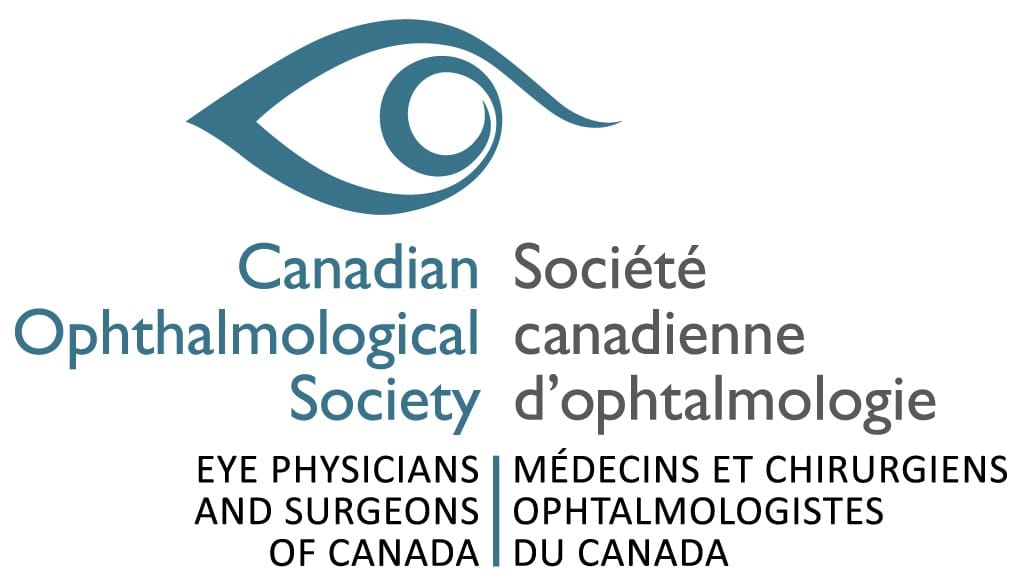Click Here For More Information

Managing dry eye disease (DED) before any eye surgery, including cataract surgery, is crucial for several reasons:
Accurate Measurements
The tear film is the eye’s primary refractive surface. An unstable or unhealthy tear film can lead to inaccurate measurements during pre-surgical evaluations, such as biometry and keratometry. These measurements are essential for selecting the correct intraocular lens (IOL) power. Inaccurate measurements can result in suboptimal visual outcomes post-surgery.
Surgical Outcomes
Dry eye can significantly impact the success of cataract surgery. Patients with untreated DED are more likely to experience fluctuating vision, discomfort, and other complications postoperatively. Ensuring the ocular surface is healthy before surgery helps achieve better visual outcomes and higher patient satisfaction.
Postoperative Complications
Cataract surgery can exacerbate pre-existing dry eye or even induce dry eye symptoms in patients who were previously asymptomatic. This can lead to increased postoperative discomfort, slower recovery, and a higher risk of infection. Managing dry eye before surgery helps mitigate these risks and promotes a smoother recovery.
Patient Satisfaction
Patients with untreated dry eye are more likely to be dissatisfied with their surgical outcomes due to persistent symptoms such as grittiness, burning, and fluctuating vision. Addressing dry eye before surgery ensures that patients have realistic expectations and are more likely to be please with their results.
Infection Prevention
A healthy ocular surface reduces the risk of postoperative infections, such as endophthalmitis. Treating conditions like blepharitis and meibomian gland dysfunction, helps maintain a clean and stable ocular environment, reducing the likelihood of infection.
At North Toronto Eye Surgical Centre we ensure the ocular surface in healthy and that it sets the stage for successful surgery and smoother recovery.
We are able to achieve this through:








